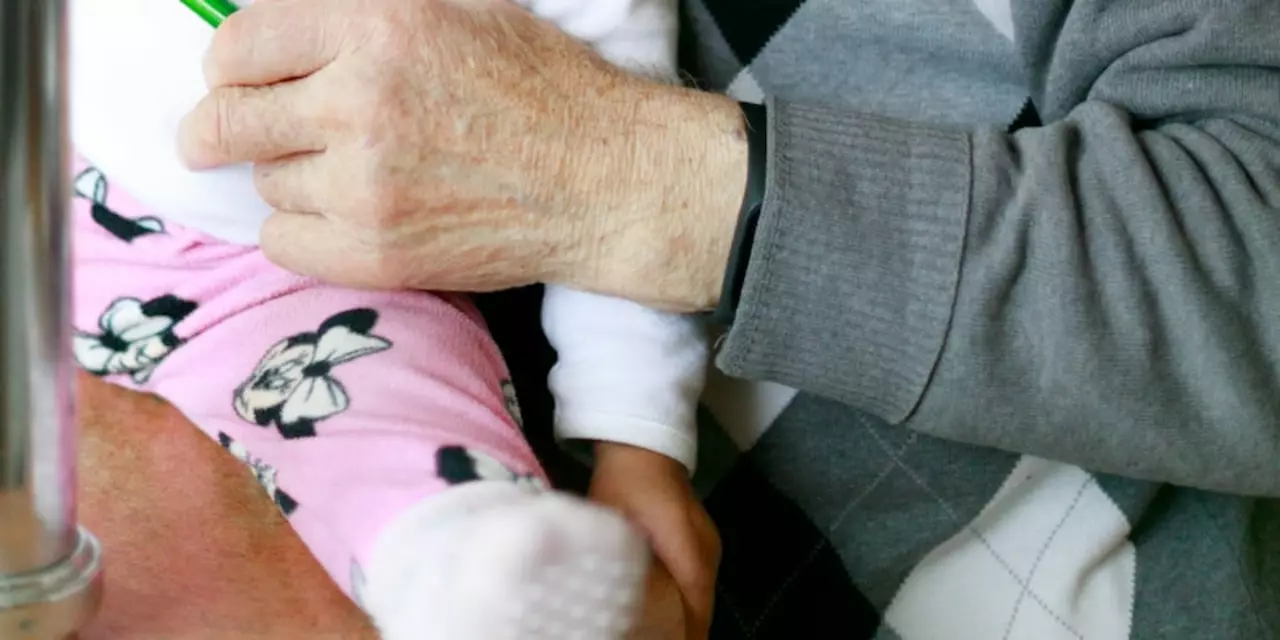As we age, it’s important to prioritize our health and wellbeing. Regular physical activity can help us age healthily, as it strengthens our muscles, reduces the risk of chronic disease, and helps us maintain or even lose weight. Exercise also has mental benefits, such as reducing stress and improving mood. Here are some tips for incorporating exercise into your routine for healthy aging:
- Make exercise a priority – Schedule regular physical activity into your day and try to stick to it.
- Start slow – Choose an activity that’s appropriate for your fitness level and gradually build up intensity over time.
- Choose activities you enjoy – Exercise should be enjoyable and something that you look forward to. Pick activities that you enjoy and make them part of your routine.
- Make it social – Exercising with friends or family can help make it more enjoyable and help keep you motivated.
- Mix it up – Try different activities and switch up your routine to keep it interesting and challenging.
Exercise is an important part of healthy aging and can help us remain physically and mentally fit. By making it a part of your routine, you can enjoy the many benefits of exercise as you age.
As you age, your dietary needs change. It's important to pay attention to your nutrition and follow guidelines for healthy aging. Here are some key tips for maintaining a healthy diet as you age:
- Eat plenty of fruits and vegetables. They are high in fiber, vitamins, and minerals which can help reduce the risk of chronic diseases.
- Choose lean proteins, such as fish and poultry. These provide essential amino acids for healthy cell growth and repair.
- Limit saturated fats, such as butter and cheese. These are linked to an increased risk of heart disease.
- Reduce your intake of processed foods. These foods often contain added sugar, salt, and unhealthy fats.
- Include healthy fats. Foods such as olive oil, nuts, and avocados can help reduce inflammation, cholesterol, and blood pressure.
- Drink plenty of water. Staying hydrated helps keep your skin healthy and can reduce the risk of urinary tract infections.
By following these tips, you can help maintain your health and quality of life as you age. Remember to speak to your doctor about your dietary needs and any potential health concerns.
How to Combat Stress and Anxiety During the Aging Process
As we age, it can be difficult to stay on top of our mental health. Stress and anxiety can start to take a toll on our physical and emotional wellbeing, and it can be difficult to find the right ways to cope. Here are some tips to help you manage stress and anxiety during the aging process:- Make time for yourself: It’s important to take time out of your day to relax and recharge. Whether it’s a few minutes of meditation or a peaceful walk in nature, make sure you take time to focus on yourself and de-stress.
- Stay connected: Social connections are important for mental health and can help to reduce stress and anxiety. Make sure you stay connected with family and friends and keep them updated about how you’re feeling.
- Seek help when needed: Don’t be afraid to reach out for help if you’re feeling overwhelmed. Talking to a therapist or counselor can be a great way to get the support you need to manage stress and anxiety.
- Eat a healthy diet: Eating a balanced diet can help to reduce stress and anxiety. Make sure you’re getting enough fruits, vegetables, and whole grains to stay healthy and energized.
- Exercise regularly: Exercise is one of the best ways to reduce stress and anxiety. Make sure you’re getting at least 30 minutes of physical activity every day.
As we get older, it is important to maintain social connections with family, friends, and neighbors. Research shows that loneliness can be a major factor in poor physical and mental health. Healthy aging includes staying connected to those around you, whether through in-person visits, phone calls, video chats, or other forms of communication. Social connections can also provide emotional and practical support, which can be beneficial for older adults. Here are some tips for staying socially connected as you age:
- Reach out to friends, family, and neighbors regularly. Even if it’s just a quick phone call or video chat, it can make a big difference.
- Join a local senior center, volunteer program, or other activity groups. This can help you meet new people and stay active in your community.
- Take advantage of technology. Video chat platforms such as Skype, FaceTime, and Zoom can help you stay connected with loved ones across the country or around the world.
- Make an effort to stay up-to-date on current events and connect with others who share your interests. This can be done by joining online discussion groups, attending lectures, or participating in virtual activities.
Staying socially connected is an important part of healthy aging. It can help you stay physically and mentally healthy, as well as provide emotional and practical support. Make an effort to stay connected with those around you, and you’ll be one step closer to healthy aging.
